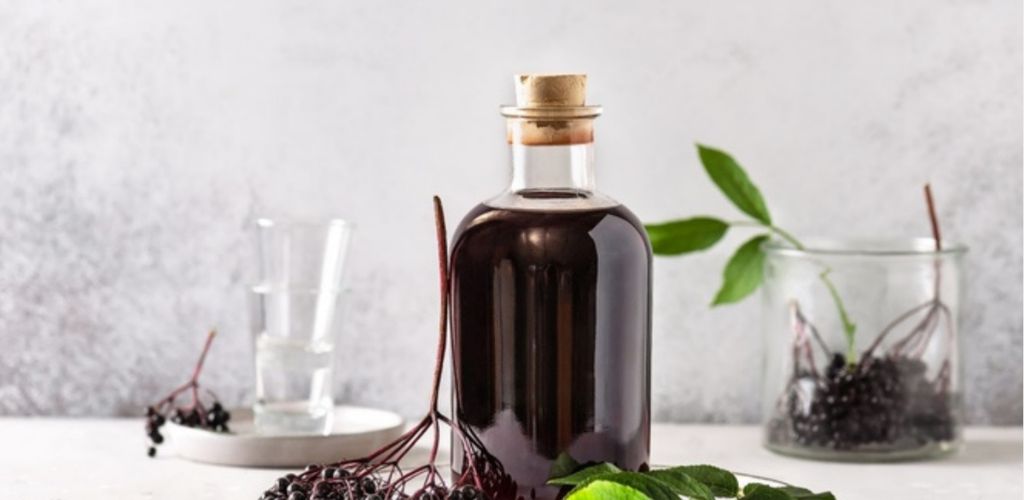04.04.2025
How to Make Elderberry Rakiu – The Secret Recipe That Will Amaze Your Guests!
It’s important to preface this by saying that distilling alcohol can be complex and potentially dangerous. It also carries legal implications in many regions. Proceed with extreme caution and ensure you are operating within the bounds of the law.
That being said, elderberry rakiu, like other fruit-based rakiu, involves fermentation and distillation. Here’s a general outline, combining traditional practices with modern understanding:
1. Elderberry Preparation:
- Harvesting:
- Use ripe, healthy elderberries. Remove stems and leaves, as they can impart a bitter taste.
- Wash the berries thoroughly.
- Crushing:
- Crush the elderberries to release their juices. This can be done with a potato masher or by pressing them.
2. Fermentation:
- Creating the “Must”:
- Place the crushed elderberries in a fermentation vessel.
- Add water and sugar. The amount of sugar will influence the final alcohol content.
- Some recipes incorporate other fruit, or spices, for added flavor.
- Yeast:
- Add a suitable wine or fruit yeast to the “must.” Wild yeasts can be used, but they are unpredictable.
- Fermentation should occur in a controlled temperature environment.
- Fermentation Process:
- Fermentation can take several weeks.
- Monitor the process with a hydrometer to track sugar levels and alcohol production.
3. Distillation:
- Distillation Equipment:
- A still is required for distillation. This is where safety becomes paramount. Incorrect still operation can be extremely dangerous.
- Distillation Process:
- The fermented “must” is heated in the still.
- Alcohol vapors are collected and condensed back into liquid.
- “Cuts” are made. This is the separation of the heads, hearts, and tails of the distillate. Heads and tails contain undesirable and potentially harmful compounds. The “hearts” are the desired product.
- Multiple Distillations:
- Often, rakiu is distilled multiple times to increase purity and smoothness.
4. Aging (Optional):
- Aging:
- Some rakiu is aged in oak barrels to enhance flavor.
- Aging can soften the harshness of the alcohol and add complexity.
Important Considerations:
- Safety:
- Distillation can produce methanol, which is toxic. Proper “cuts” are essential.
- Distillation equipment can be hazardous.
- Fire risk is very high.
- Legality:
- Distilling alcohol is illegal without permits in many places.
- Hygiene:
- Strict hygiene is crucial to prevent contamination.
Recipe Variations:
- Regional variations exist, with different spices and techniques.
- Some recipes add other fruits, such as plums or apples, to the elderberry mixture.
It is very important to understand the risks involved in home distilling.

